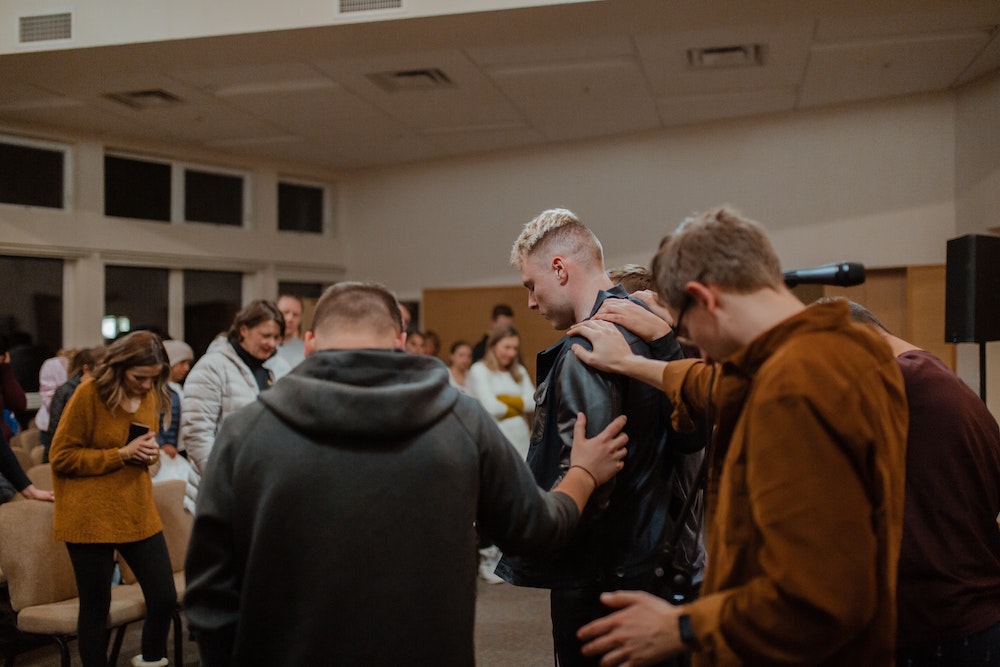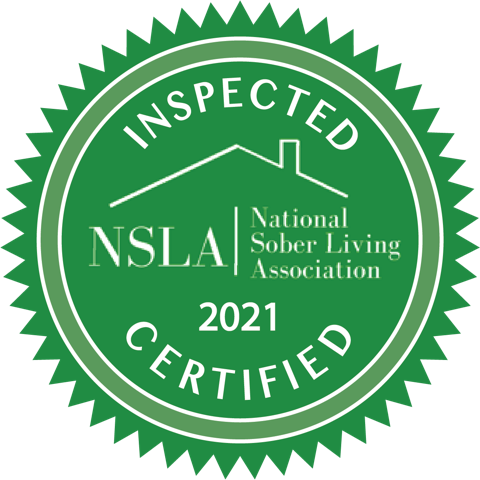Fellowship and spirituality are important aspects of addiction recovery through a 12-step program. However, those very words can sometimes be misinterpreted. They may even deter you from wanting to participate in what you perceive to be a religious program. Is AA religious? It depends on your perspective. Finding your higher power, as defined by the organization, is actually a personal choice.
A Power Greater Than Ourselves
The first three steps in the Alcoholics Anonymous (AA) 12-step program state:
- We admitted we were powerless over our addiction – that our lives had become unmanageable.
- We came to believe that a Power greater than ourselves could restore us to sanity.
- We made a decision to turn our will and lives over to the care of God as we understood Him.
There are many ways to define “a Power greater than ourselves” that are not necessarily religious in nature. Note that the reference to God in this and many other areas of the “Big Book” refer to “God as we understood Him.” That can also be interpreted differently depending on your perspective.
You may even choose to replace the word “God” with the phrase “Higher Power.” The key is to understand that your life became unmanageable when you were addicted and turning to that higher power can help restore you to a healthier life, mentally and physically.
An Open Mind
The image of AA as being a religious organization might keep you from getting the support you need through an effective 12-step program. Keeping an open mind is particularly important as you work toward recovery from your addiction, including participating in such a program.
You can start fresh with faith in a higher power, however you might define that. Step 2 asks you to believe that a power greater than you – greater than your addiction – can restore you. That does not necessarily mean you need to be religious to recover from your substance abuse.
Higher Power Myths
You may feel that because the 12 steps reference a higher power and mention God that you have to be religious to participate. However, finding your higher power does not have to be a religious experience.
One of the myths that surrounds the 12-step program is that you need to pray regularly to be part of it. If you are religious, prayer can be helpful. If you are not religious, there is no requirement to pray. It is recommended, though, that you find a similar activity that helps you connect with the higher power you choose.
Another myth is that step 2 is only for those who are religious. Even if you are not religious, you cannot skip this step. Your higher power may not be the Christian God, but it is critical that you find something that is more powerful than your addiction so you can turn to it throughout your treatment and recovery.
Your Higher Power
Faith, spirituality and religion are highly personal. So is determining what a higher power means to you. In a 12-step program, finding your higher power is critical for continuing from step 2 through the remaining steps.
Spirituality and religion are not the same thing. Your spirituality and faith could be rooted in:
- Nature. With the potential to heal your body, mind and spirit, nature can awake your senses to your physical surroundings. When you are addicted to alcohol, you can be disconnected from your environment. Trusting in nature can be very healing in your recovery.
- Laws of science. Embracing the science of how your brain works, how drugs affect your brain and the impact of human behaviors can also be healing. Scientists have studied drug use for many decades and the results can help guide through your recovery, if you are inclined to trust in science as your higher power.
- Moral principles. You can have a faith in your moral principles that will drive your actions in recovery. While your addiction may have clouded some of your beliefs, in addiction treatment you can trust in those principles as you work toward changing your relationship with the world.
- Belief in a deity. Whether you believe in God, Buddha, Shiva or Yahweh, finding your higher power can be rooted in your existing religion. Trusting in that power can give you the faith you need to move forward in your recovery.
Find a Strong 12-Step Program at Still Waters
At Still Waters, we base our recovery program on 12-step principles. We offer an immersion program that is designed for you when you have not had success with other treatment programs, if you have relapsed after a period of sobriety or if you want to dig deeper into the work involved in the steps. Our program is staffed entirely by recovering alcoholics and addicts who are ready to share their experience, their strength and their hope with you. Contact us today to get the help you need in recovery from your addiction.





